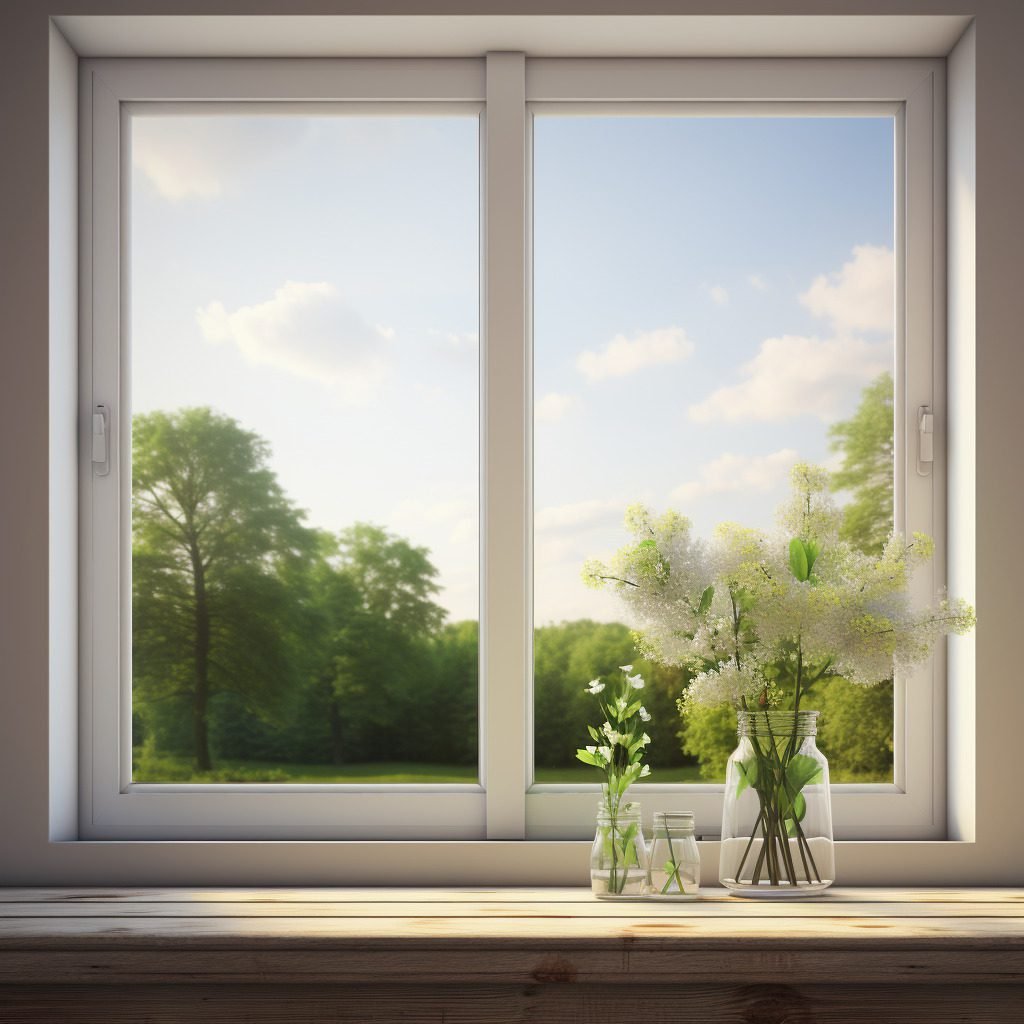Top 10 Energy-Efficient Windows for Your Home

Introduction to Energy-efficient Windows
Having a comfortable and aesthetically pleasing living space is a priority for many homeowners. One aspect that plays a significant role in achieving this is energy-efficient windows. Not only do they enhance the overall interior design of a home, but they also offer numerous benefits in terms of energy savings and environmental sustainability. In this article, we will explore the key elements of energy-efficient windows, provide tips on selecting the right ones for your home, and address frequently asked questions to help you make informed decisions.
Key Elements of Energy-efficient Windows
To fully understand the value of energy-efficient windows, it’s important to be aware of their key elements and features. Here are some essential aspects to consider:
Element 1: Glass Coating
Energy-efficient windows often feature a low-emissivity (low-E) glass coating. This thin metallic coating helps reduce heat transfer by reflecting infrared light, keeping the interior of your home cooler in summer and warmer in winter. This coating also helps protect furniture, flooring, and other interior elements from fading due to solar radiation.
Element 2: Multiple Panes
Double or triple-pane windows provide enhanced energy efficiency compared to single-pane windows. The additional layers of glass create insulating pockets of air or gas, reducing heat transfer and improving thermal insulation. These multiple panes also contribute to noise reduction, making your interior environment more peaceful.
Element 3: Gas Fills
Between the layers of glass in energy-efficient windows, you’ll often find an insulating gas fill, such as argon or krypton. These gases have higher thermal resistance than regular air, further reducing heat transfer through the window. The gas fill contributes to improved energy efficiency and overall comfort within your home.
Element 4: Insulated Frames
Energy-efficient windows typically feature frames made from materials with good insulation properties, such as vinyl, fiberglass, or wood with thermal breaks. These insulated frames help prevent heat loss or gain around the window perimeter, increasing overall energy efficiency and reducing drafts.
Element 5: Proper Installation
Even the most energy-efficient windows won’t perform optimally if they are not installed correctly. Ensuring proper installation is crucial for maximizing the benefits of energy efficiency. Proper sealing, insulation, and alignment with the window frame are essential to prevent air leaks and maintain a comfortable indoor climate.
Tips for Energy-efficient Windows
Selecting the right energy-efficient windows for your home can be overwhelming. Here are some practical tips to guide you in your decision-making process:
- Consider the U-Factor and Solar Heat Gain Coefficient (SHGC): These ratings indicate the window’s insulation performance and its ability to block heat from the sun. Opt for lower U-Factor and SHGC values for optimal energy efficiency.
Choose the Right Window Frame Material: Different frame materials offer varying levels of insulation, durability, and maintenance requirements. Consider factors such as longevity, cost, and aesthetic appeal when choosing between vinyl, fiberglass, wood, or aluminum frames.
Look for ENERGY STAR Certification: ENERGY STAR-certified windows meet specific energy efficiency criteria set by the Environmental Protection Agency (EPA). Choosing these windows ensures you are investing in high-performance products.
Consider Proper Sizing and Orientation: Properly sized windows, strategically placed to take advantage of natural light and airflow, can significantly reduce the need for artificial lighting and mechanical ventilation, decreasing your energy consumption.
Invest in Window Treatments: Enhance the energy efficiency of your windows further by using window treatments such as blinds, shades, or curtains. These additions can provide additional insulation, reduce heat gain from sunlight, and increase privacy.
Maintain Your Windows: Regular cleaning and proper maintenance of your energy-efficient windows will ensure their longevity and continued energy efficiency. Keep an eye out for any signs of wear or damage and address them promptly to avoid compromising their performance.
FAQ about Energy-efficient Windows
Question 1: Are energy-efficient windows worth the investment?
– Answer: Absolutely. Energy-efficient windows offer long-term savings by reducing utility bills, increasing comfort, and contributing to a more sustainable environment. The initial investment may be higher, but the benefits outweigh the costs over time.
Question 2: Can energy-efficient windows eliminate condensation?
– Answer: While energy-efficient windows can help reduce condensation, they may not eliminate it entirely. Proper ventilation and humidity control in the home are also crucial factors. If you’re experiencing excessive condensation, it’s recommended to consult with a professional to identify and address the underlying causes.
Question 3: Can I install energy-efficient windows myself?
– Answer: Window installation can be complex, and improper installation can compromise energy efficiency and overall performance. It’s recommended to hire a professional window contractor with experience in energy-efficient installations to ensure proper fitting, sealing, and insulation.
Question 4: How long do energy-efficient windows last?
– Answer: The lifespan of energy-efficient windows depends on various factors, including the quality of materials, installation, and maintenance. On average, well-maintained energy-efficient windows can last around 20 to 30 years or more.
Question 5: Are energy-efficient windows suitable for all climates?
– Answer: Energy-efficient windows can benefit homes in all climates. However, the specific features and ratings of the windows may vary depending on the climate zone. It’s advisable to consider regional climate factors when selecting energy-efficient windows to maximize their effectiveness.
In conclusion, energy-efficient windows are a valuable investment for any homeowner aiming to create a comfortable, energy-saving, and environmentally conscious living space. By understanding the key elements of energy-efficient windows, following practical tips for selection, and addressing common concerns through FAQs, you can make informed decisions and enjoy the many benefits these windows have to offer. So go ahead, and embrace the power of energy efficiency to transform your home into a haven of comfort and sustainability.





